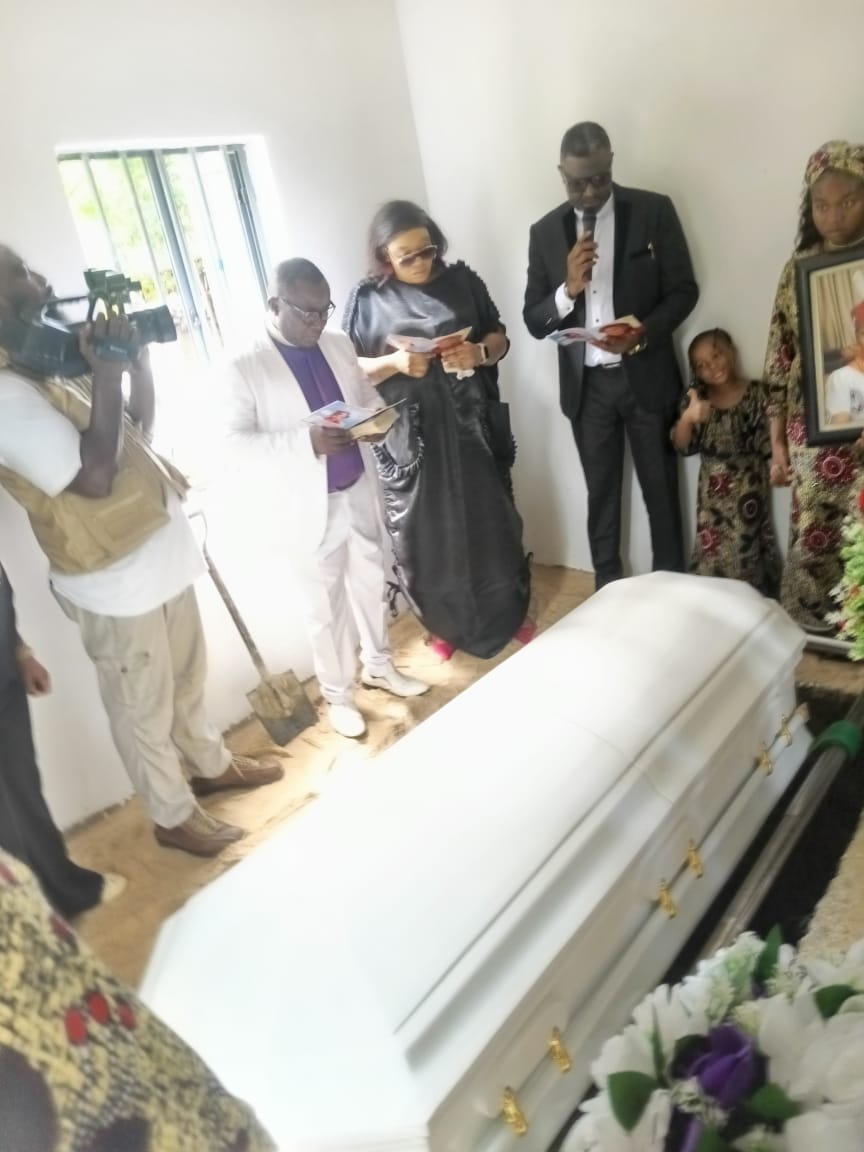In recent years, the phrase “Education na scam” has gained disturbing popularity among Nigerian youth. This disillusionment stems from systemic failures that have turned what was once a guaranteed pathway to social mobility into a corridor of disappointment. In many cases, graduates are unable to secure jobs in their fields, while peers who bypassed formal education find success through informal trades, tech ventures, entertainment, or even crime.
This trend should worry every stakeholder in Nigeria’s educational and developmental future. If allowed to fester, it could drive us dangerously close to the abyss of ignorance and chaos, the very kind symbolized by the failed Almajiri system.
Historically, education in Nigeria was viewed as the cornerstone of progress, a vital key to unlock personal advancement and national growth. However, today’s reality presents a jarring contradiction. Graduates, having spent years in university, are often greeted by an unwelcoming job market, a system that no longer values their academic sacrifices.
Meanwhile, society’s rewards appear to flow towards those who follow alternative, non-academic routes. This phenomenon is not just about envy or impatience; it is a reaction to a failed promise.
At the heart of this crisis is a widening gap between formal qualifications and practical employability. Nigerian universities still rely heavily on outdated curricula, placing emphasis on rote learning and theoretical knowledge, rather than nurturing skills demanded by today’s global economy.
As a result, many graduates leave school with impressive certificates but little competence in communication, problem-solving, or digital literacy. The consequence is a generation of youth unprepared for the realities of modern work.
This structural failure is evident in Nigeria’s alarming youth unemployment rate, which stands at over 40%, according to the National Bureau of Statistics. Despite being educated, millions of young people remain jobless or underemployed.
This glaring contradiction further entrenches the belief that education is a waste of time and resources. Yet, the problem is not education itself, but the hollow system we’ve allowed it to become, one that continues to fail its most committed participants.
The tragedy, however, is not just economic; it is also psychological. The most dangerous narrative emerging today is that of the educated turning their backs on education, discouraging the next generation.
In places like the Owhe Kingdom, where missionaries planted the seeds of literacy and enlightenment, the fear now is not ignorance by accident, but a return to ignorance by choice. We must never return to Egypt, the Egypt of illiteracy, blind followership, superstition, and stagnation.
It is one thing if the government falsely promised jobs to graduates, then yes, the system scammed them. But it is quite another when individuals create unrealistic expectations for themselves, ignoring industry shifts and employment trends. Education should evolve with time, and so must our understanding of what it offers: not entitlement, but empowerment.
The warning signs are clear, and the consequences are already visible in the degeneration of the Almajiri system. Once a respected model of Islamic education, it collapsed under the weight of neglect, urbanization, and lack of reform.
What remains today is a humanitarian crisis, children roaming the streets, begging, and vulnerable to exploitation. This breakdown is not only tragic for Northern Nigeria, but a cautionary tale for the entire nation.
The fallout of this collapse is far-reaching. Disenfranchised Almajiri youths have become easy targets for extremist groups such as Boko Haram, ISWAP, and bandit networks. Their frustration and vulnerability have been weaponized, fueling cycles of violence and undermining national security. The degeneration of the Almajiri system is no longer a Northern issue, it is now a national crisis.
As these displaced youths migrate southward, they bring with them the scars of abandonment. Urban slums across the South-South and South-East are now facing increased tension, strained resources, and rising insecurity.
The importation of violence from one region to another, sparked by the collapse of education in the North, is a reminder that no part of Nigeria is immune to the consequences of a broken system.
The message is urgent and clear: May Almajiri not happen to us. If we do not rescue our education system from its current trajectory, we risk creating our own versions of the Almajiri crisis. Let us not be the generation that watched our schools fail, our graduates lose hope, and our children turn away from knowledge.
The time to act is now, to reform curricula, bridge skills gaps, and rebuild trust in education as the true engine of development.
*Muobaghare is an outspoken academic, former Chairman of the Academic Staff Union of Universities (ASUU), Delta State University, (DELSU); former Delta State Commissioner for Education
Courtesy: ALJAZIRIA MEDIA





